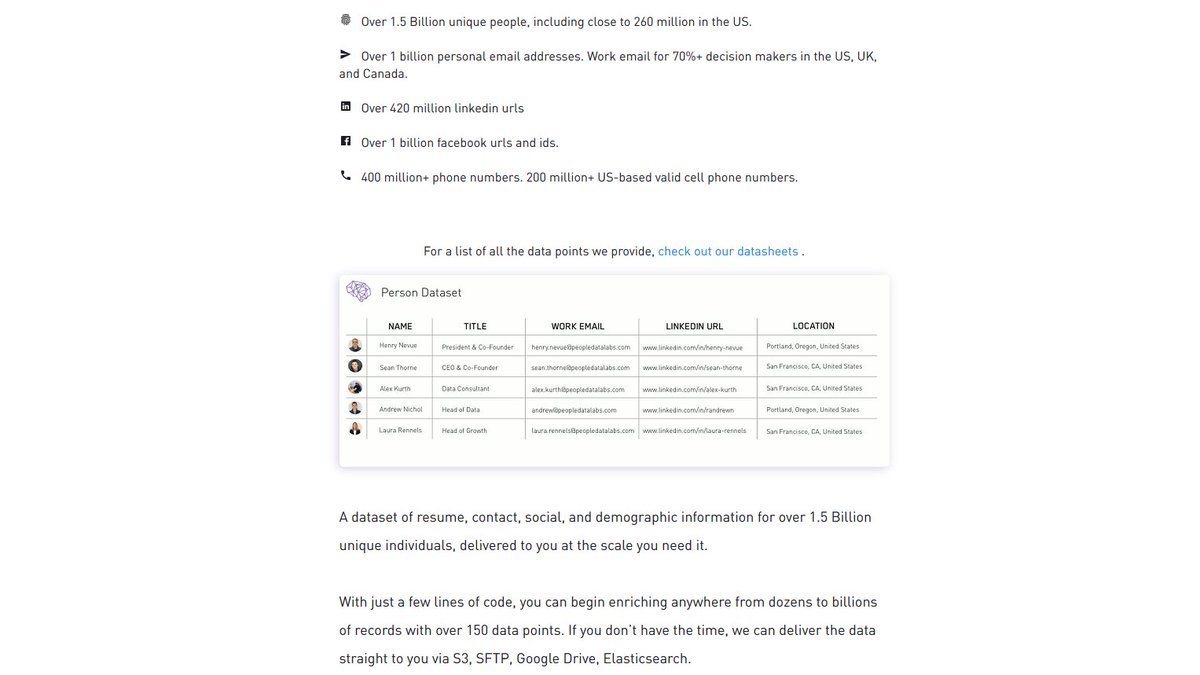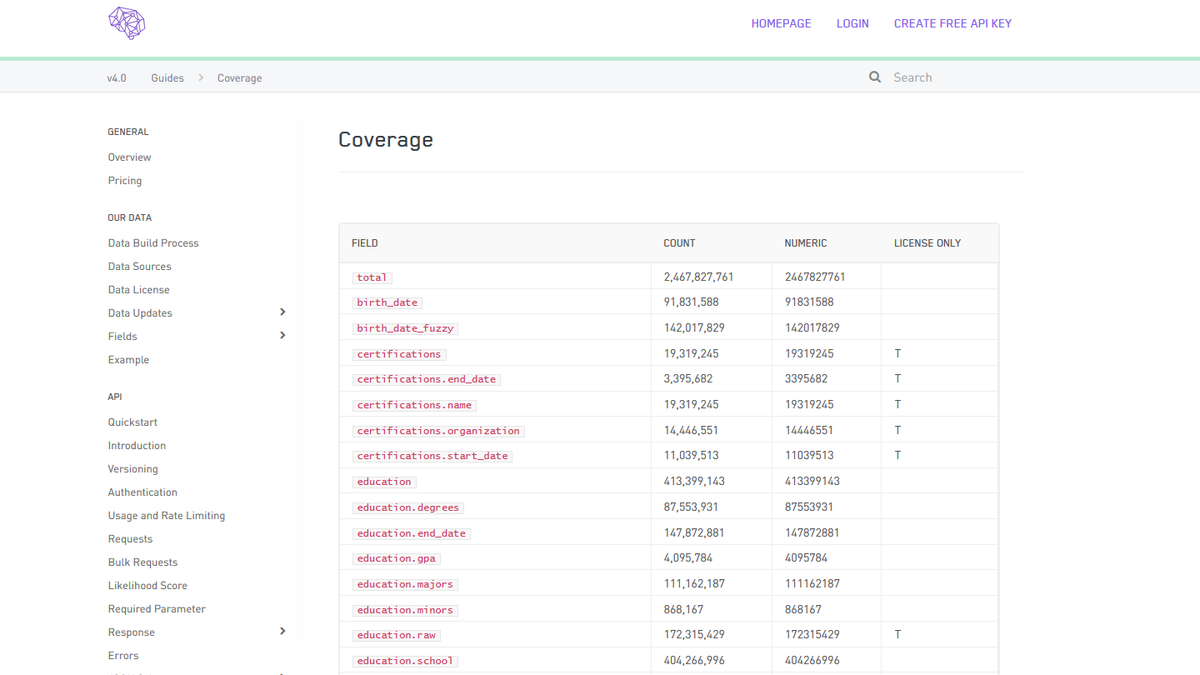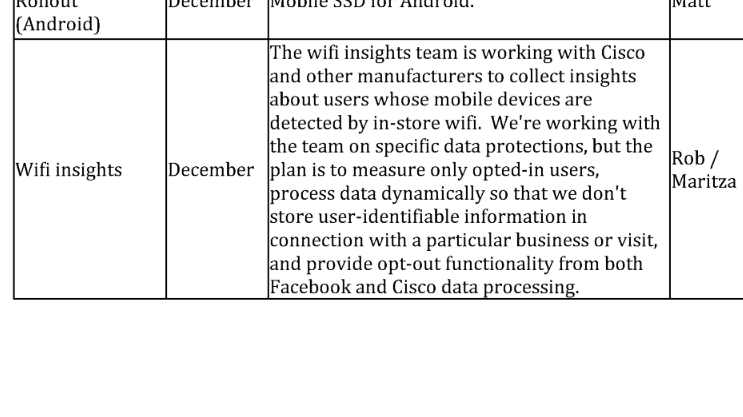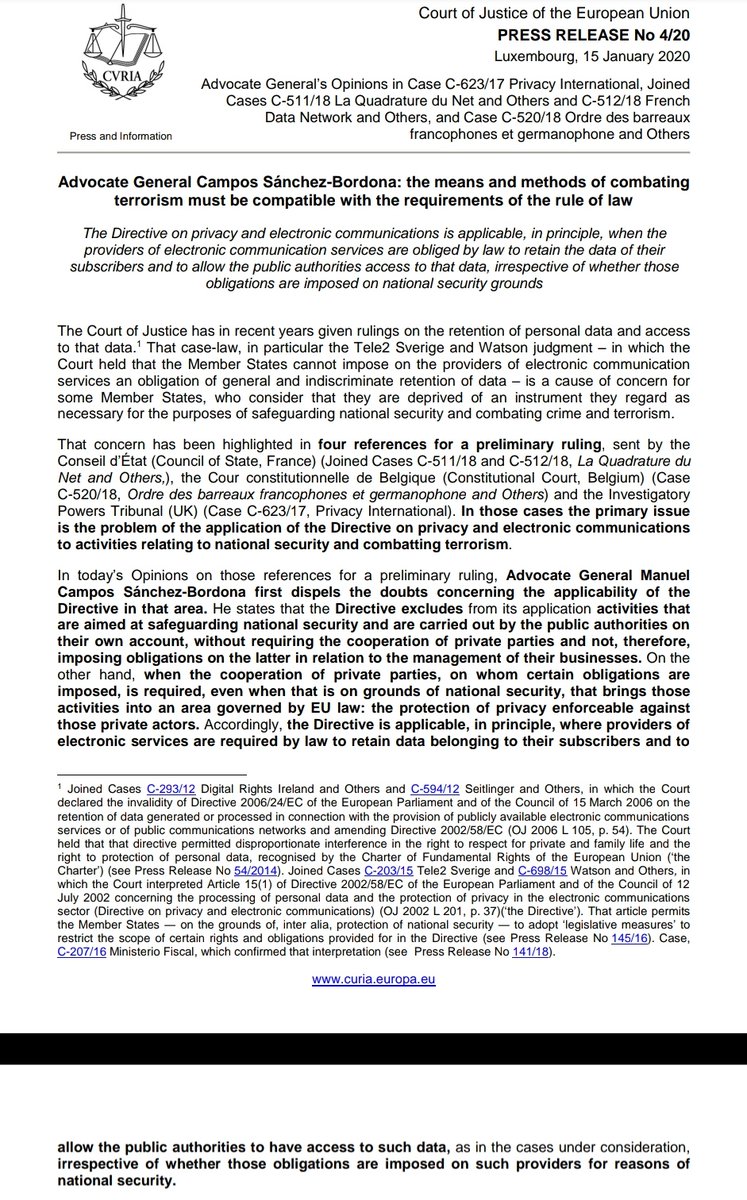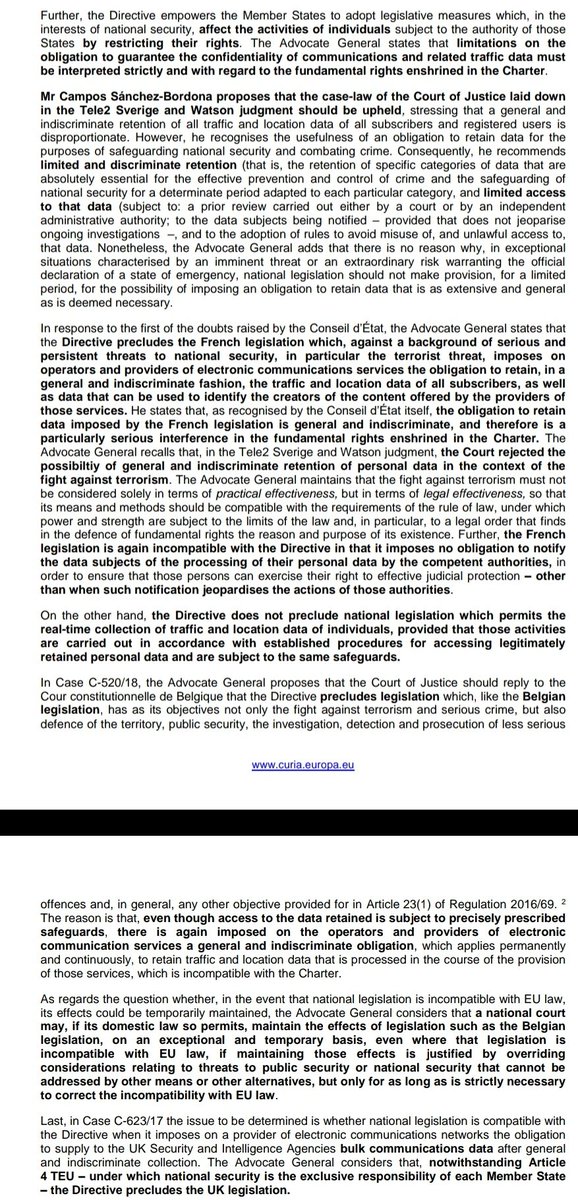Two massive reports + legal complaints against 6 companies: forbrukerradet.no/side/new-study…
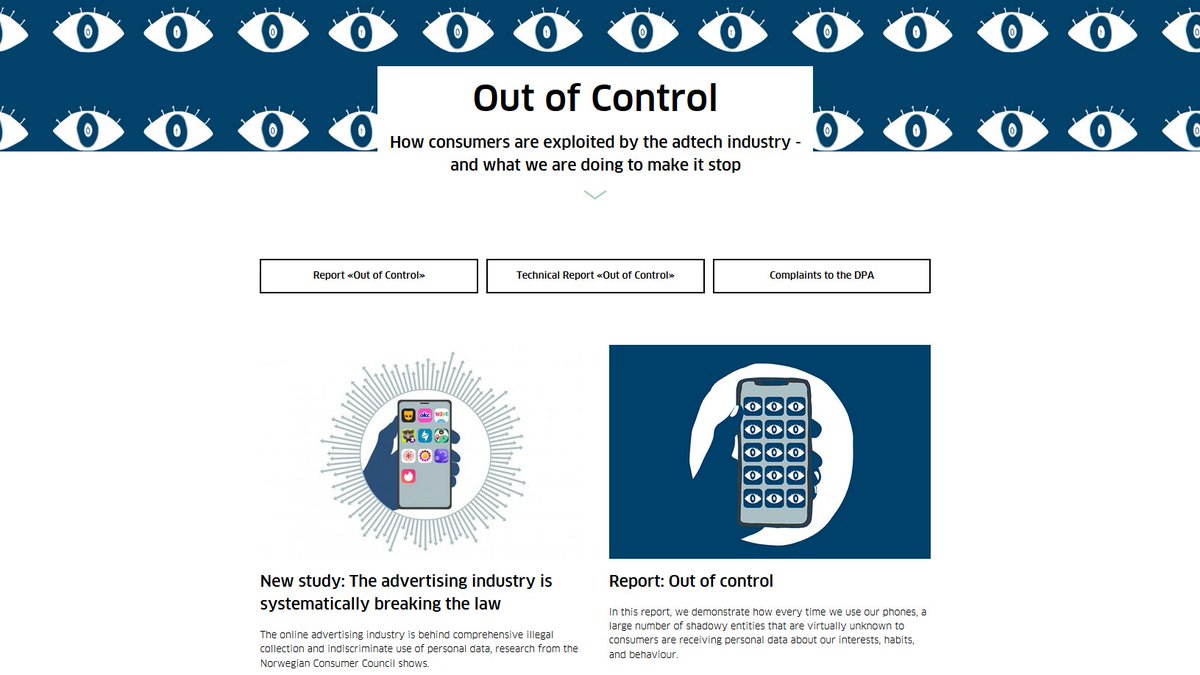
25 orgs in the EU/US are urging authorities to act:
p125: fil.forbrukerradet.no/wp-content/upl…
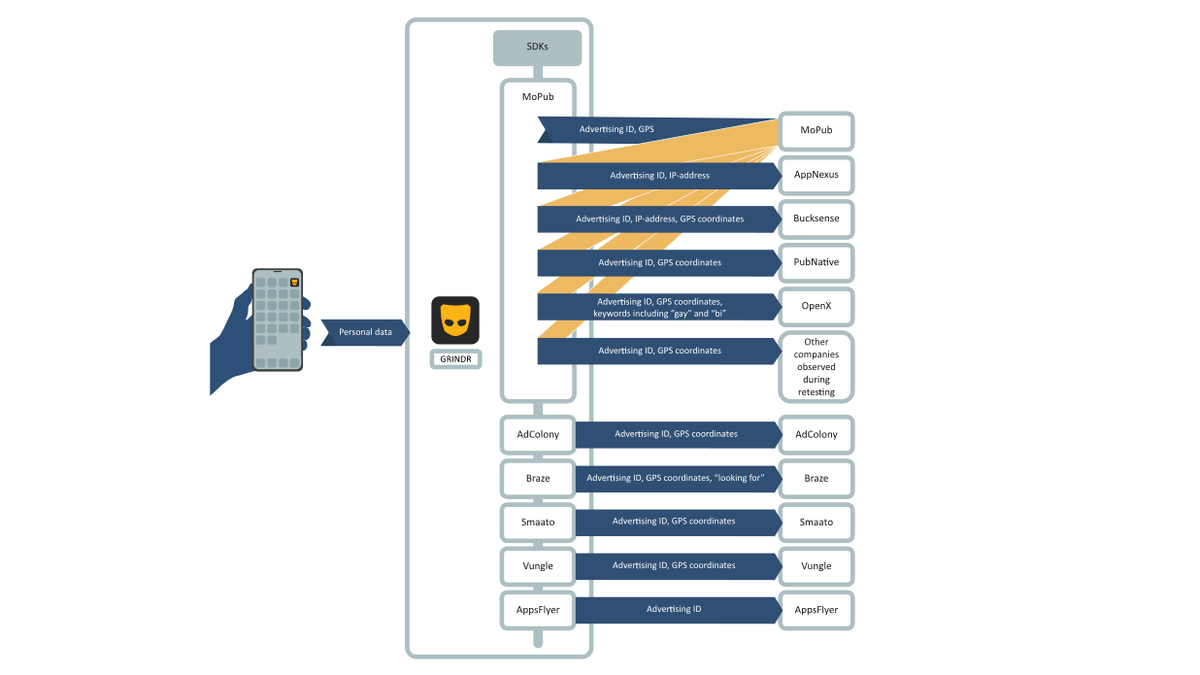
p40: fil.forbrukerradet.no/wp-content/upl…
p95+99: fil.forbrukerradet.no/wp-content/upl…
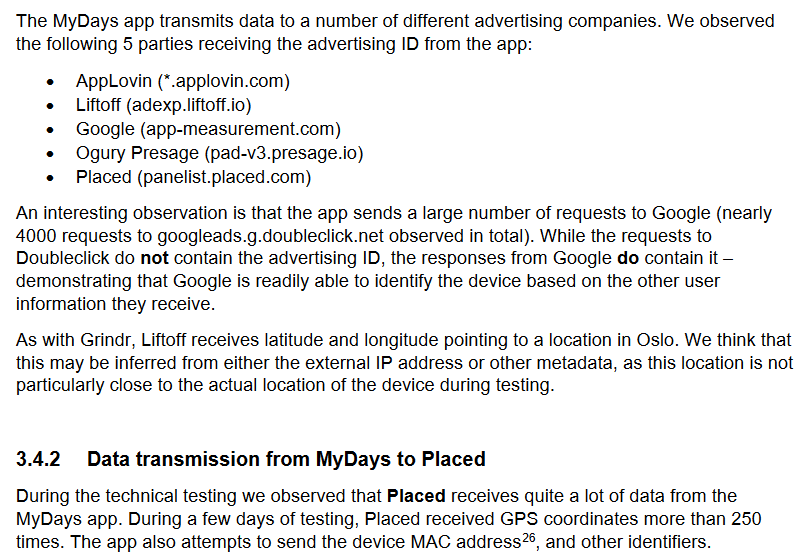


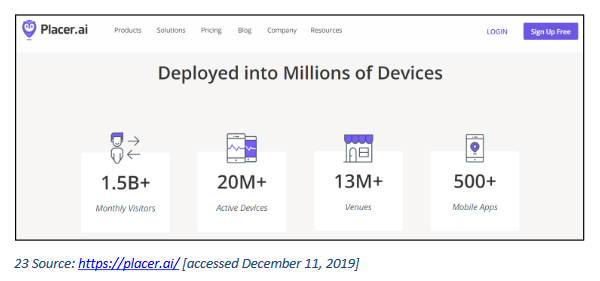
p34: fil.forbrukerradet.no/wp-content/upl…
p83: fil.forbrukerradet.no/wp-content/upl…
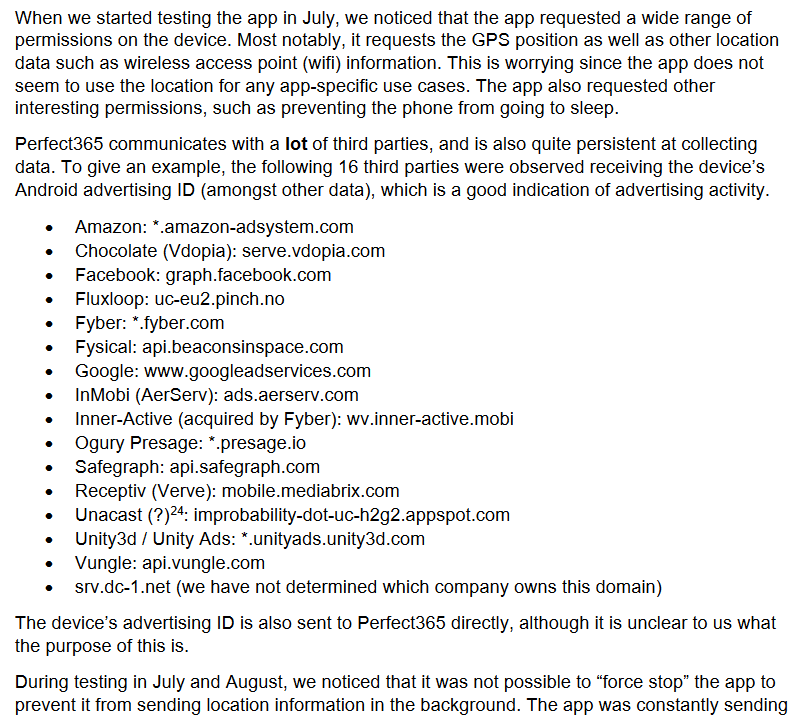
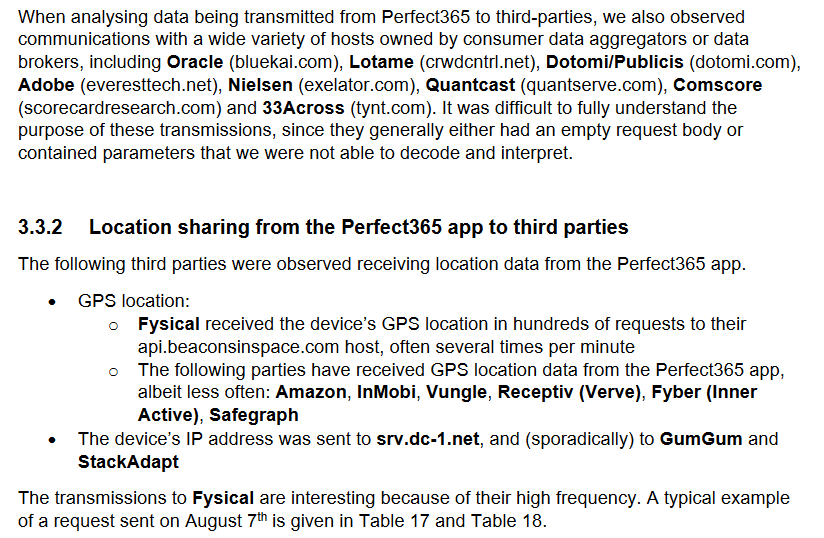
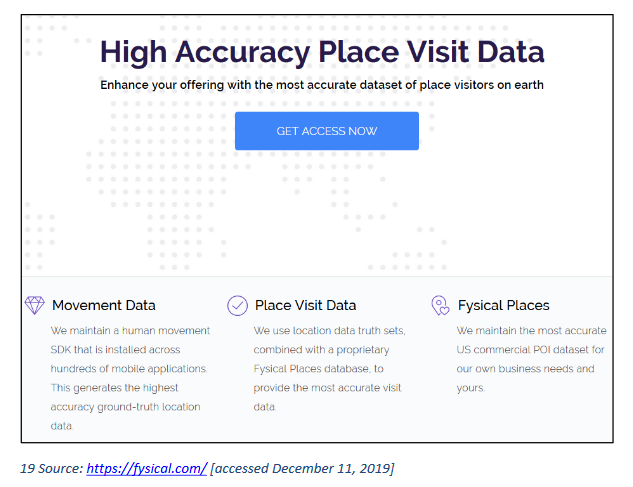
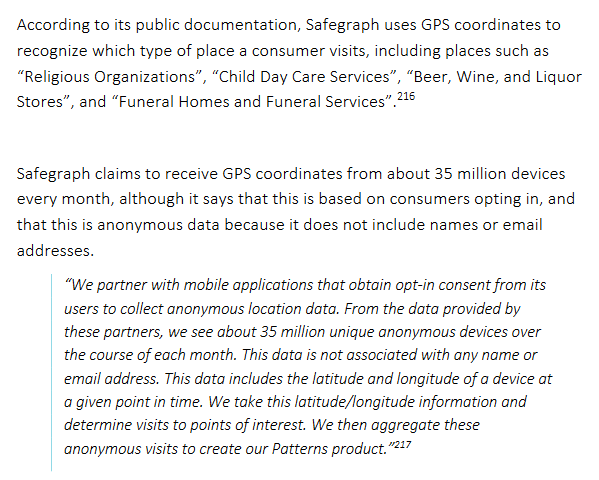
Several third-party companies received data from multiple apps. Knowing just when and how often people use certain apps is enough to create personal profiles.
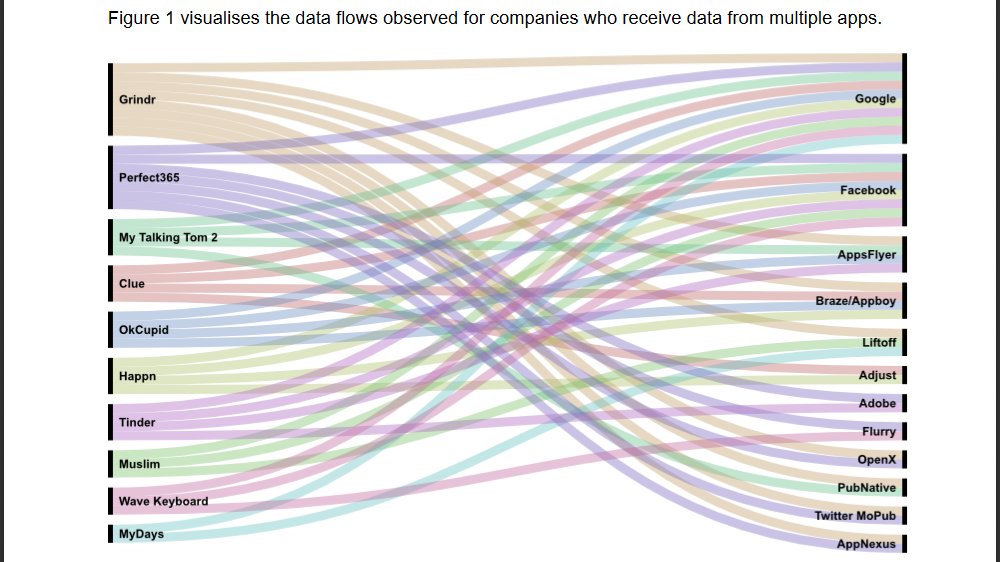
Some background info:
Summary:
consumerreports.org/privacy/popula…
In-depth articles NYT+TechCrunch:
nytimes.com/2020/01/13/bus…
techcrunch.com/2020/01/14/dat…
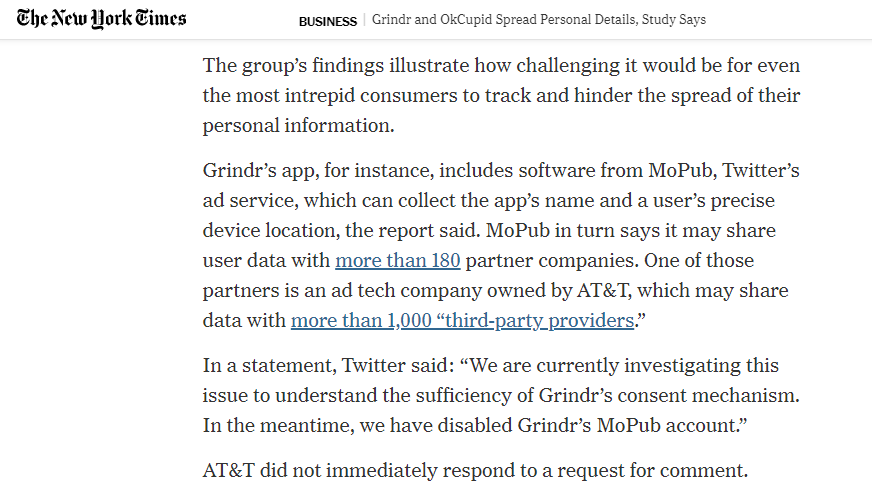
➡️Also, FB received accelerometer/gyroscope sensor data, and Amazon received GPS coordinates 🤔
p15+35+52: fil.forbrukerradet.no/wp-content/upl…
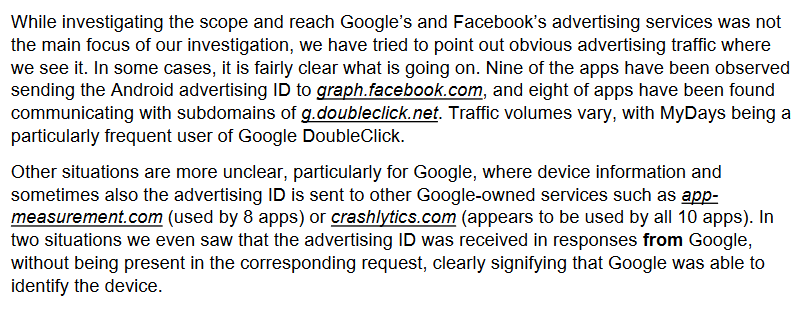
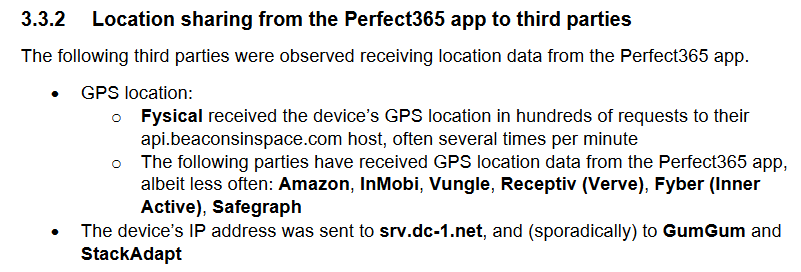
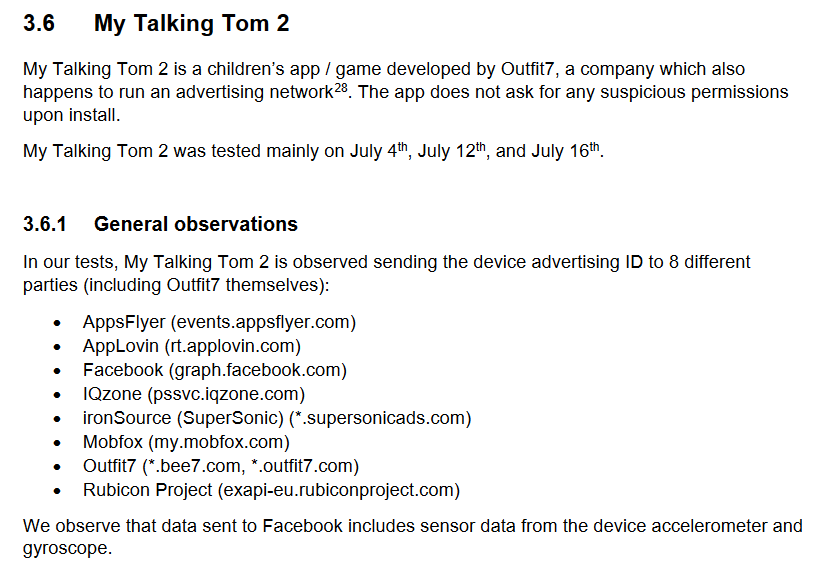
Google's so-called 'Advertising ID' is key to track and follow Android app users.
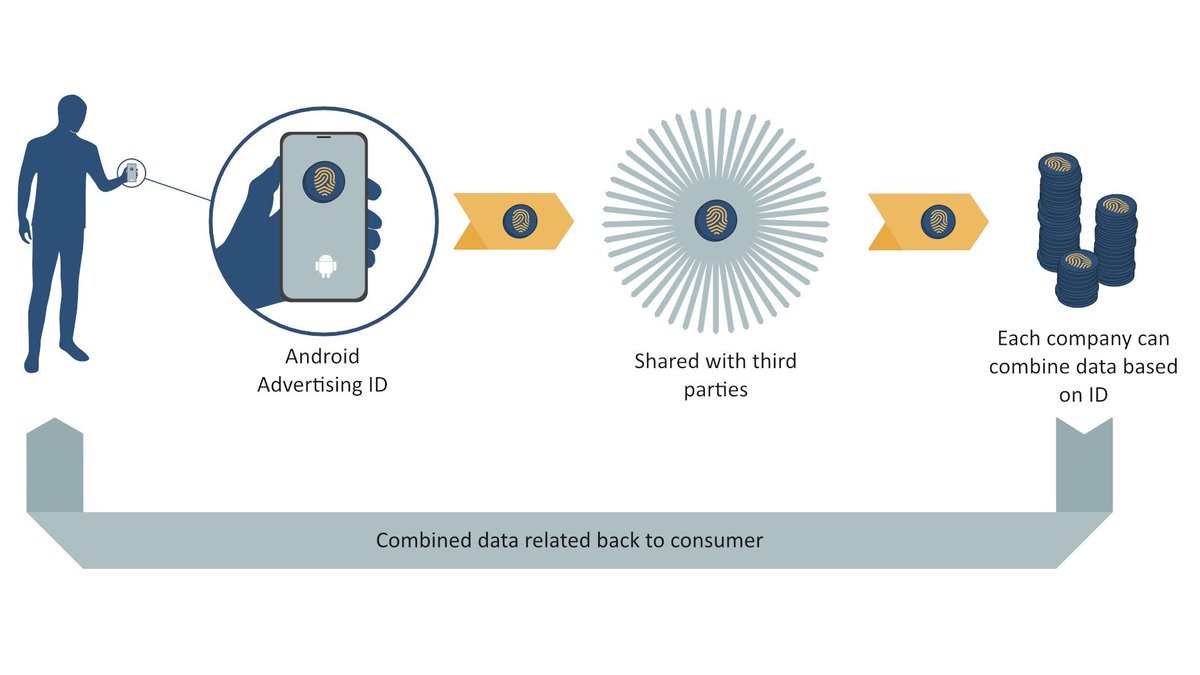
This ID is then used across the surveillance marketing ecosystem and tied to data on our interests+behaviors.
They may sound a bit boring, but IDs are *key* for everything else.
p29: fil.forbrukerradet.no/wp-content/upl…
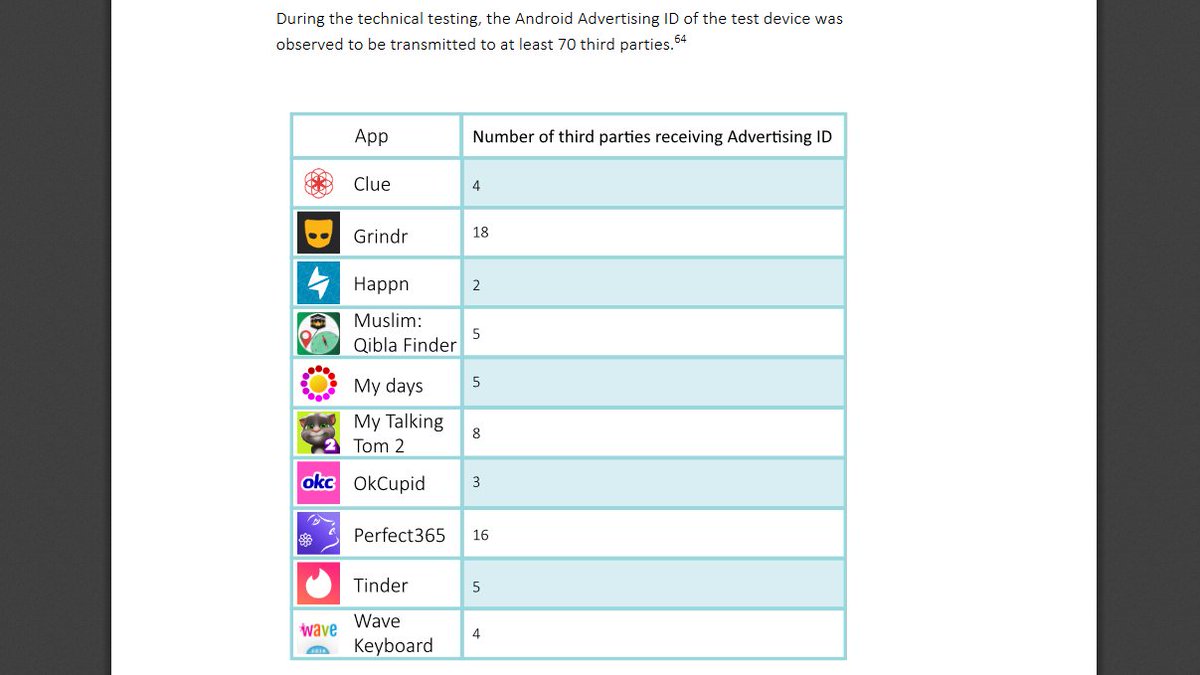
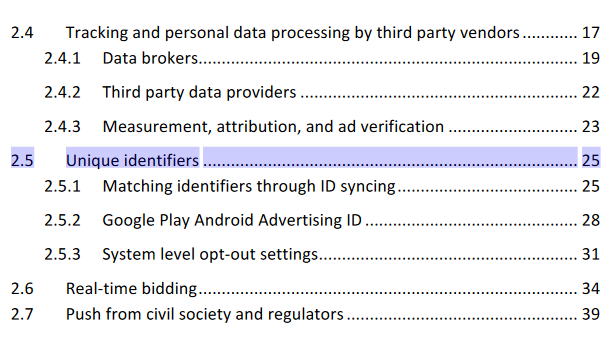
We observed 19 firms receiving data via Grindr. One of them potentially further shares data with 170 partners. Again, one of those potentially further shares data with 4259 partners.
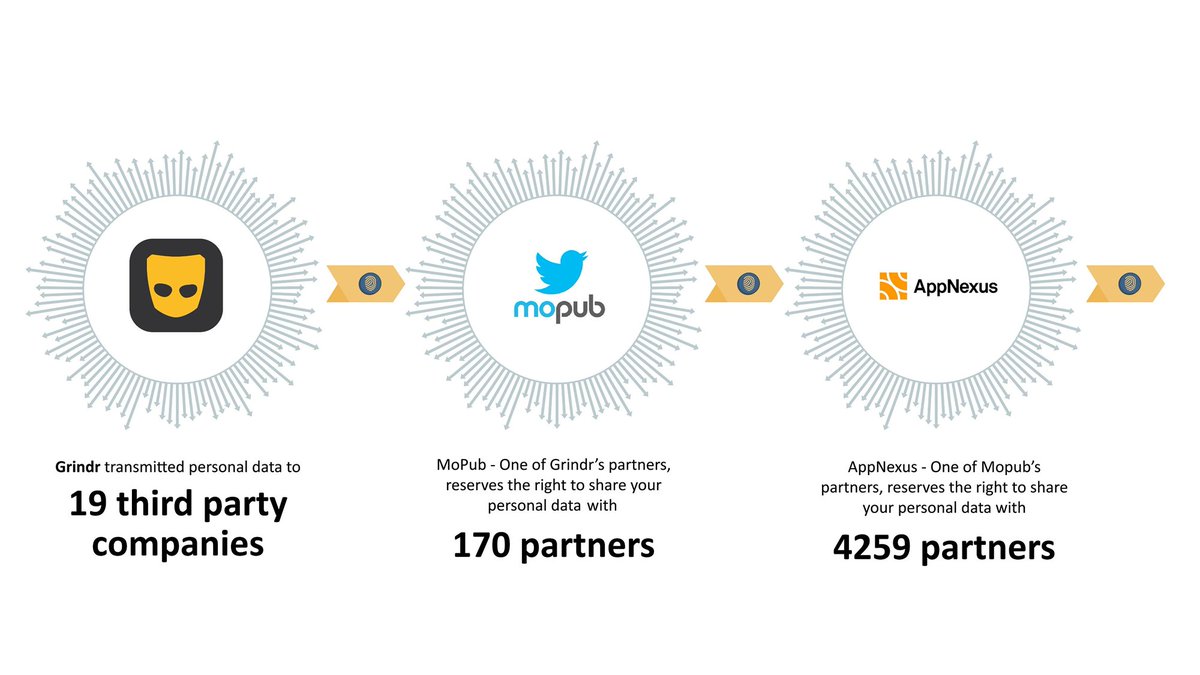
p123: fil.forbrukerradet.no/wp-content/upl…
p23: fil.forbrukerradet.no/wp-content/upl…
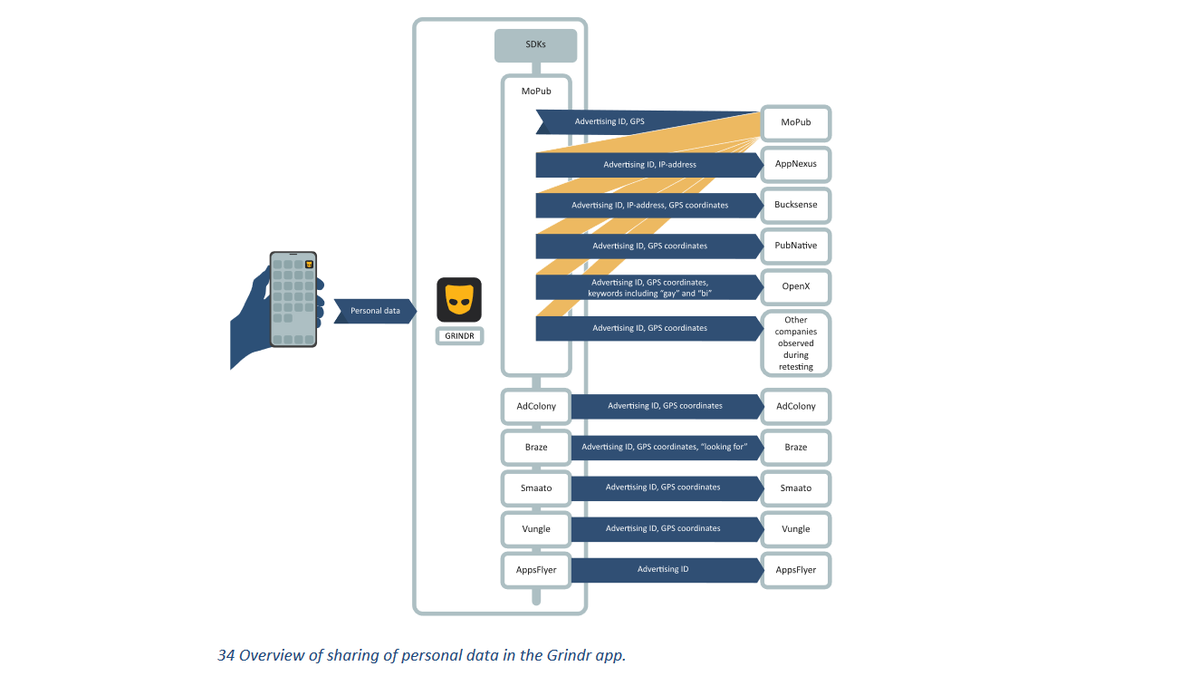
In case of Grindr, we observed Twitter's subsidiary MoPub playing a key role in personal data sharing with yet other data companies.
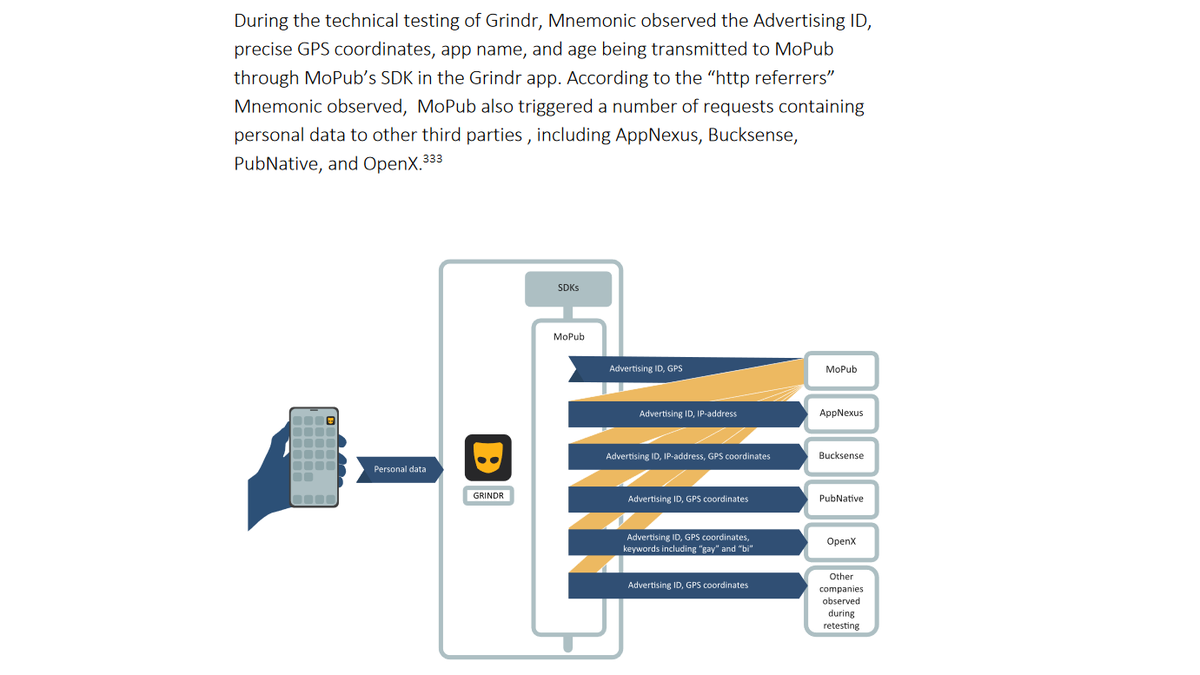
But this is hardly enough. First, MoPub cannot merely shift responsibility to the app vendor. Second, MoPub claims to serve 49,000 apps, tracking 1.5 billion devices.
adage.com/article/digita…
OpenX received GPS data via Grindr, and data related to real-time bidding ('openrtb').
p140: fil.forbrukerradet.no/wp-content/upl…
p28: fil.forbrukerradet.no/wp-content/upl…
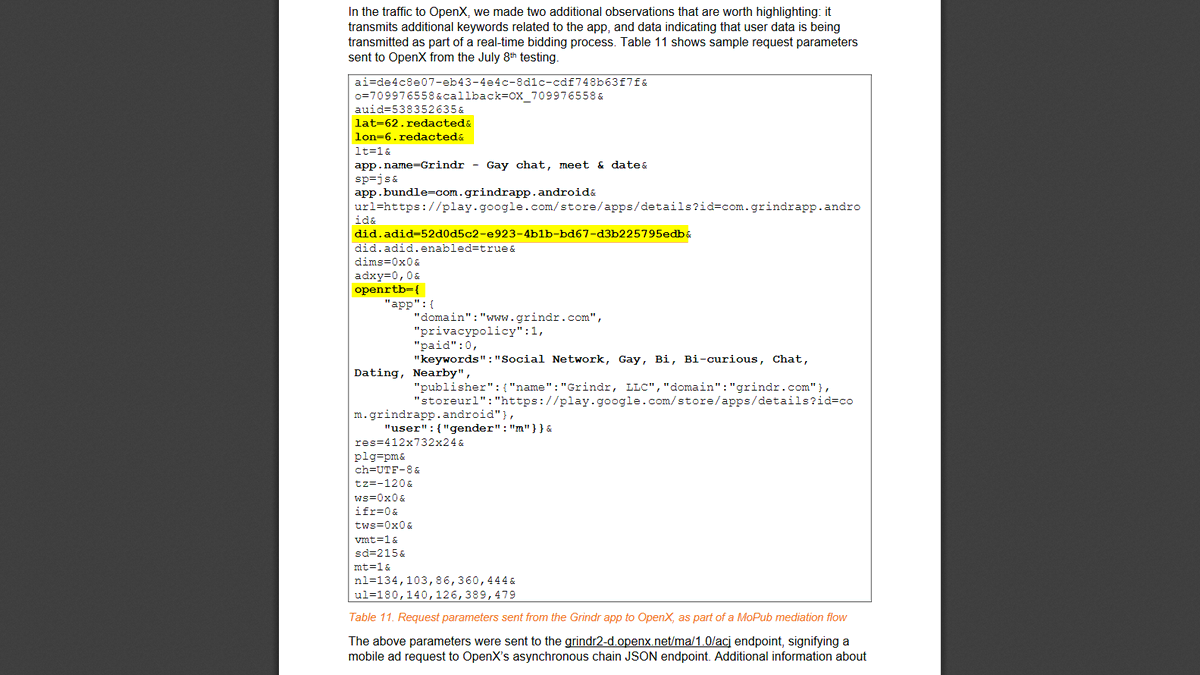
All parties involved must be held accountable.
docs.openx.com/Content/develo…
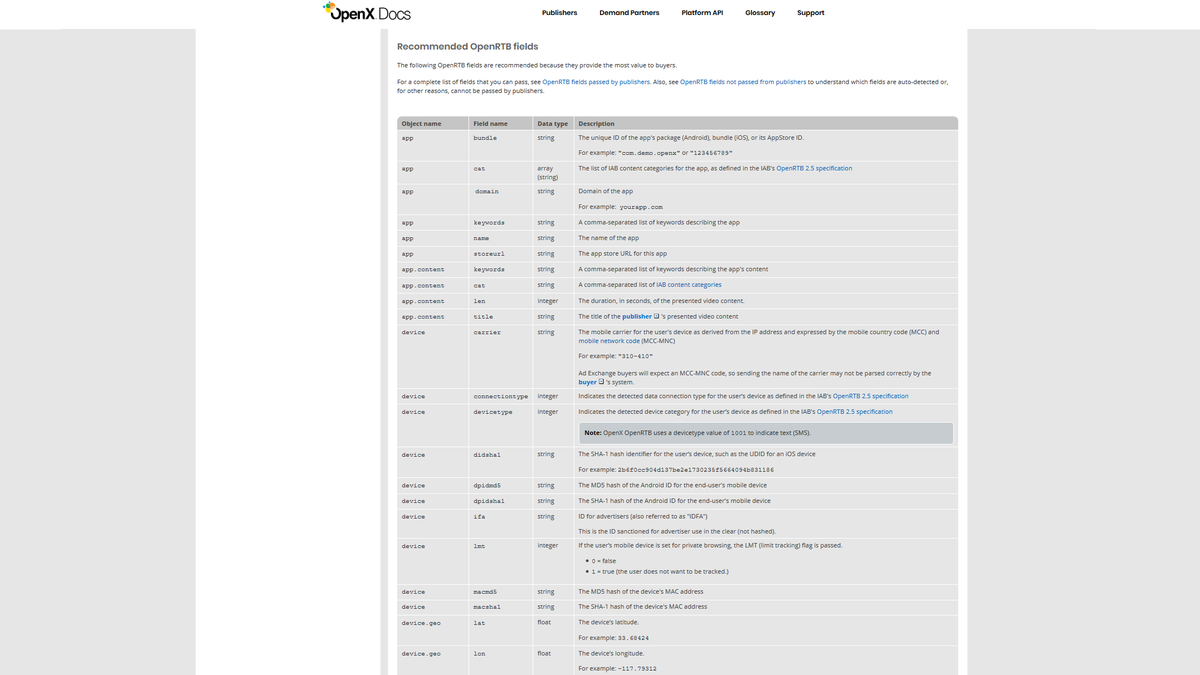
There is no way for users to understand how personal data is being shared when using those apps.
Unfortunately, I'm pretty sure the practices we observed are representative for the majority of Android apps.
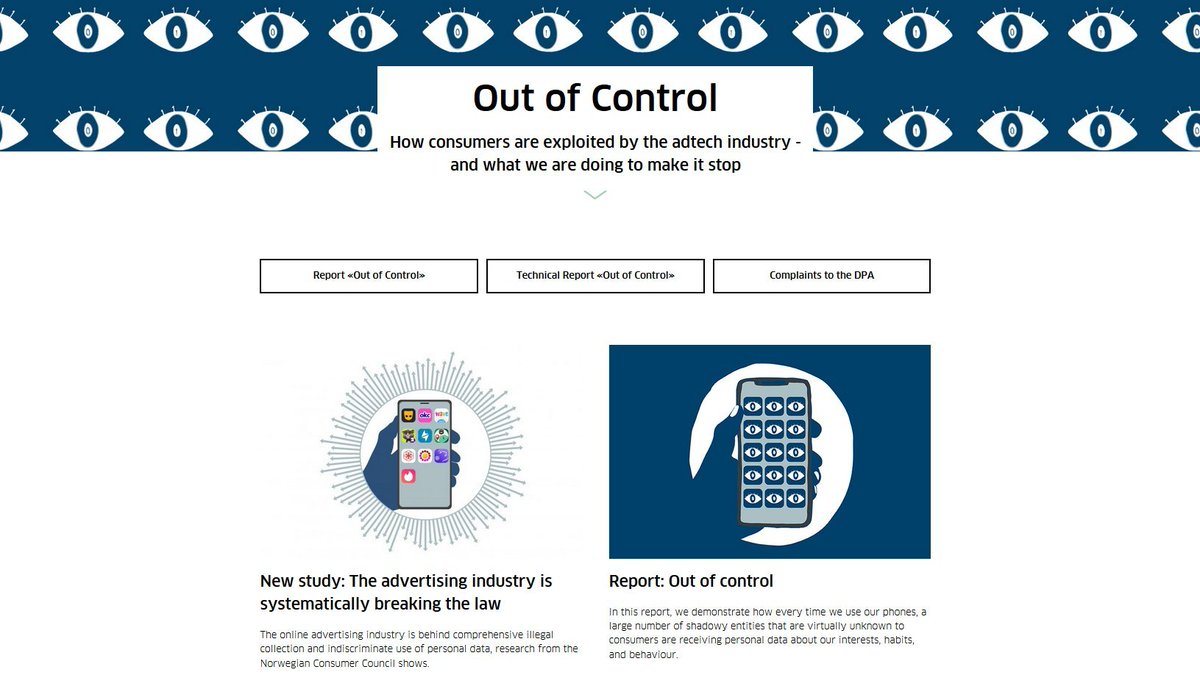
"Grindr is transmitting users' unique IDs, app name and precise locations to numerous ad tech companies, essentially broadcasting their sexual orientation to the entire consumer surveillance ecosystem"
Recommended thread:
- Don't only focus on the apps, but also on the companies who receive data (the reports contain many details)
- Don't only focus on clearly sensitive data, but also on systemic issues that look less obvious yet enable pervasive digital profiling
This is Bucksense. We observed them receiving Ad ID, IP and GPS data. The website of their ad platform Directopub (directopub.com/platform/) suggests they provide data to target age groups 'children', 'teens', and even 'infants' (?)
p135: fil.forbrukerradet.no/wp-content/upl…
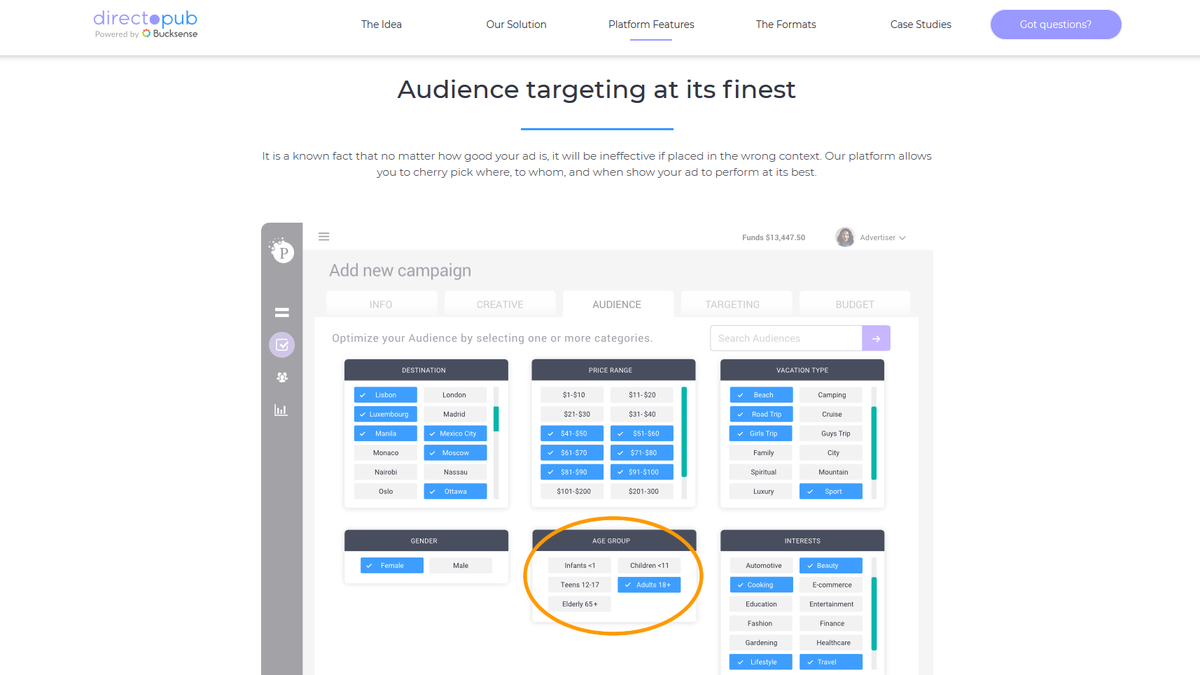
While some of them try to obfuscate how they utilize it, others openly present themselves as data brokers.
See e.g. fysical.com: 'BUY and SELL DATA'
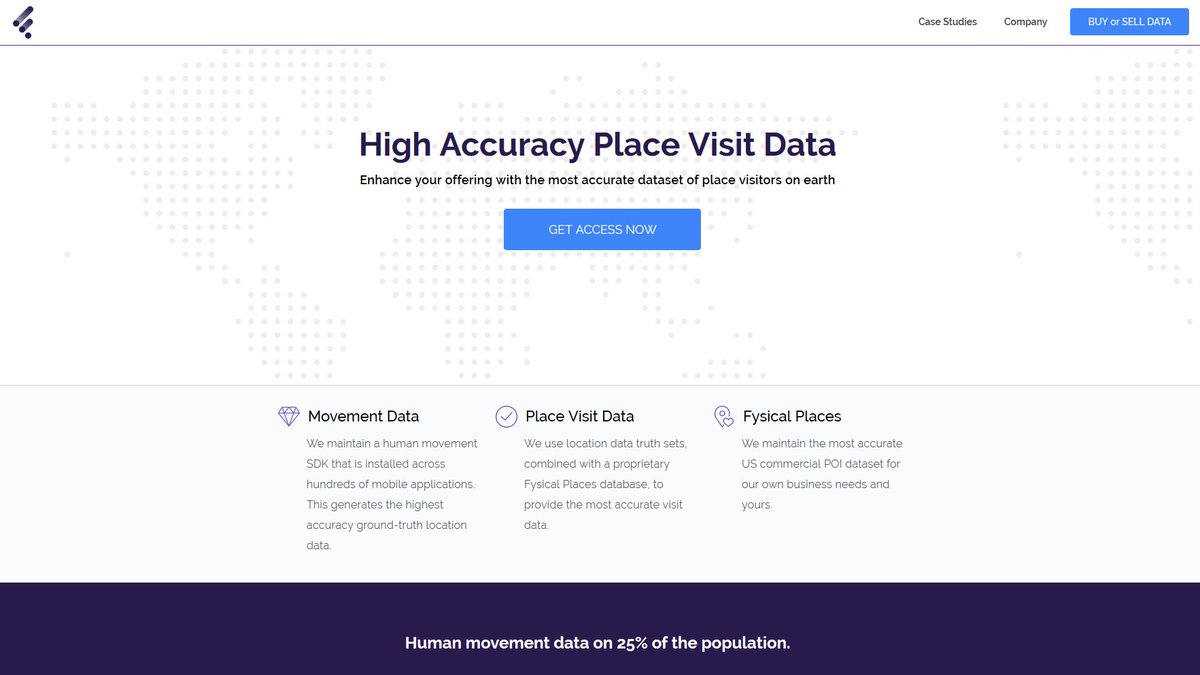
References in the requests point to location data brokers Fluxloop (Oslo) and Unacast (US). Either one or both may be responsible.
p38: fil.forbrukerradet.no/wp-content/upl…
p89: fil.forbrukerradet.no/wp-content/upl…
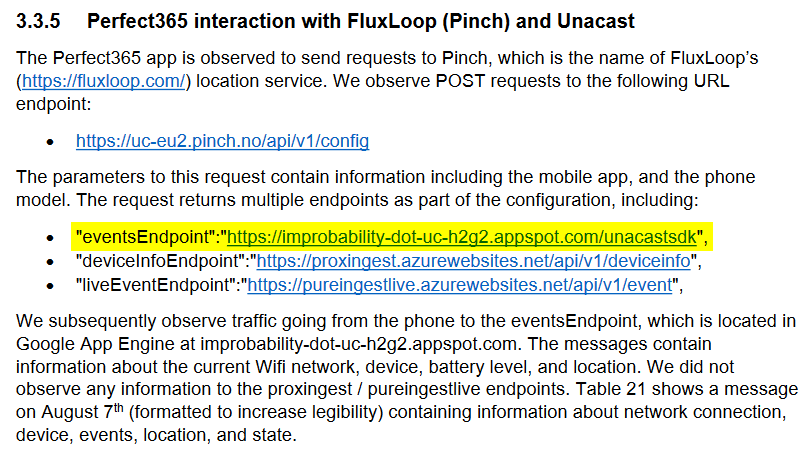
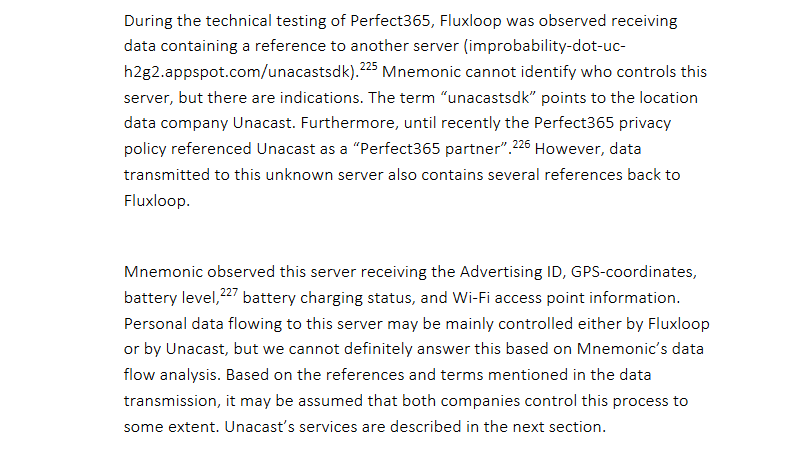
p72: fil.forbrukerradet.no/wp-content/upl…
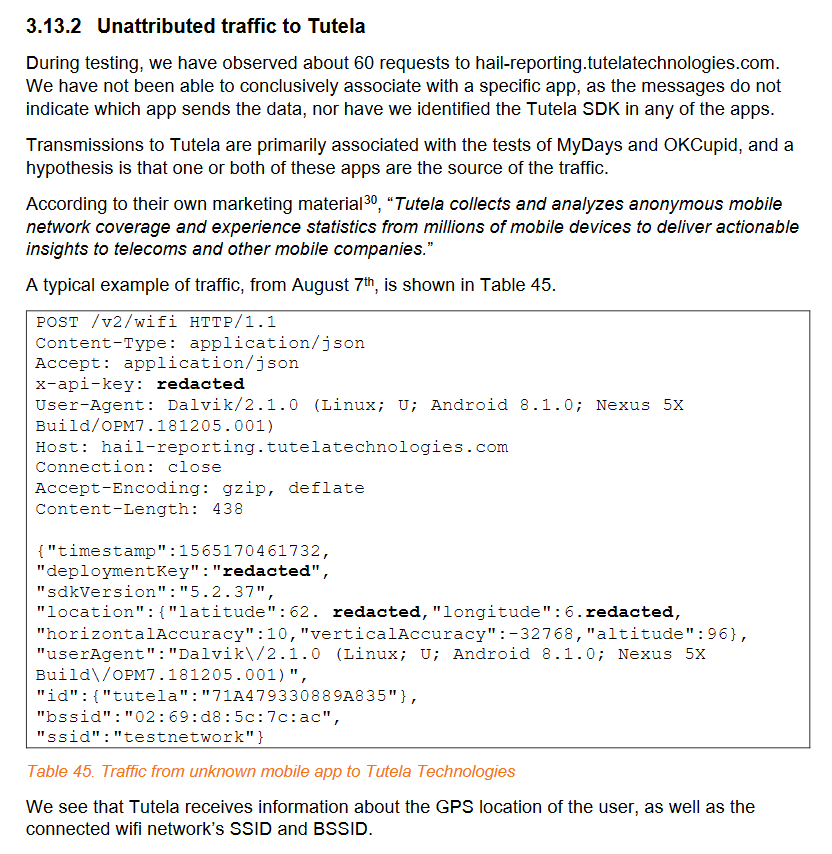
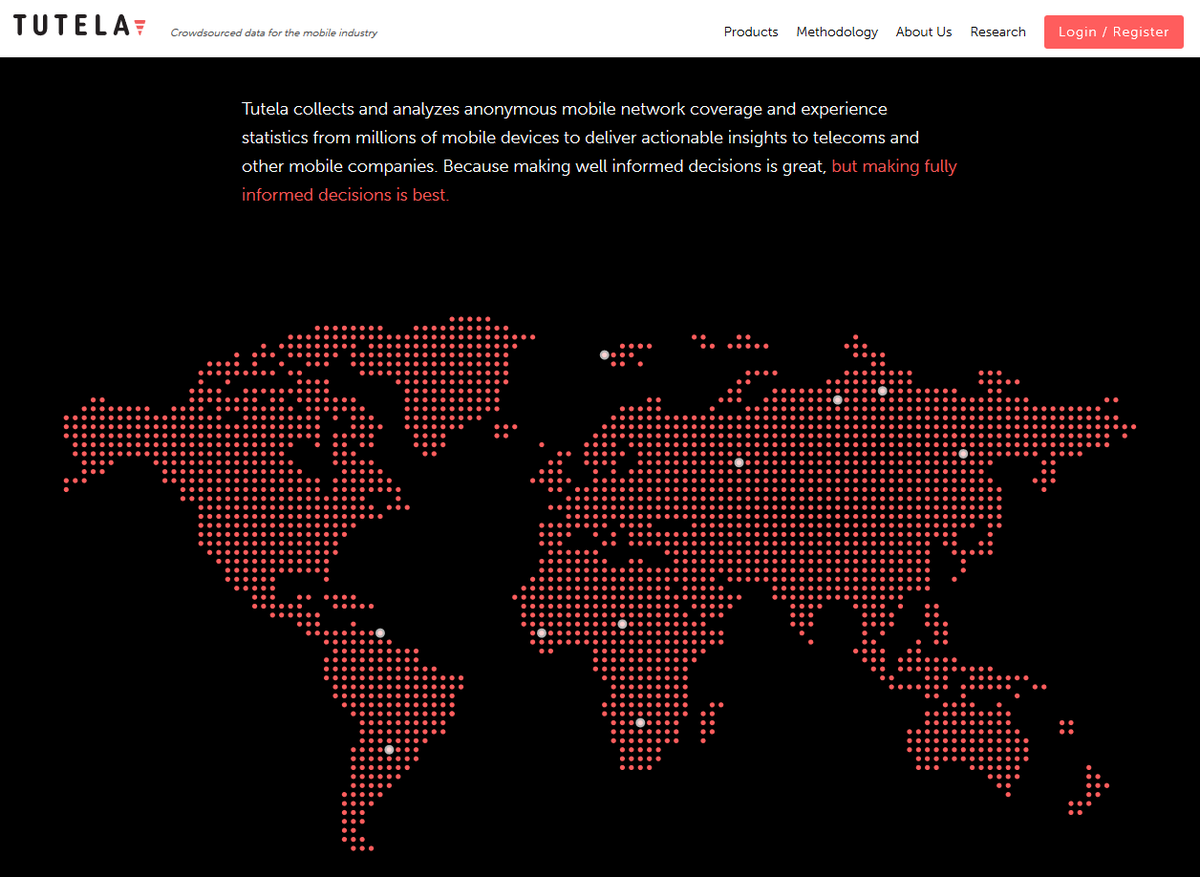
Still curious about the source.


